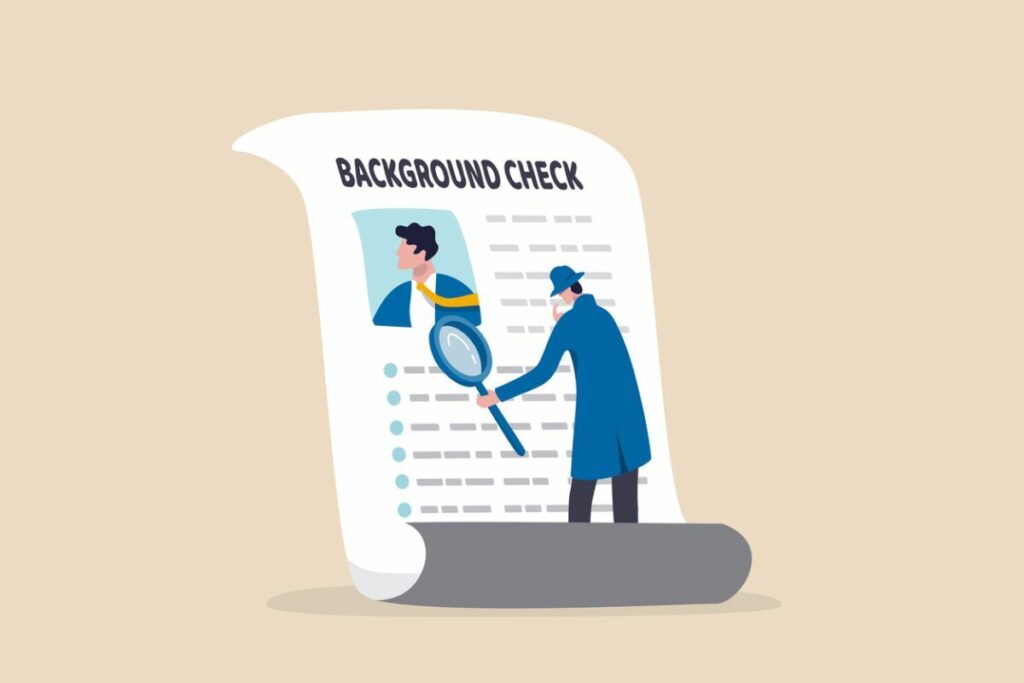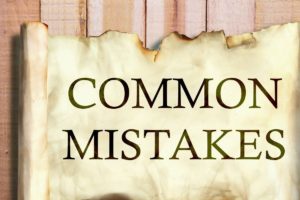The Texas Department of Licensing & Regulation (TDLR) licenses various occupations. As a part of that licensure process, TDLR will perform a criminal background check to ensure that applicants are suitable to hold these licenses. Upon request, TDLR will provide potential applicants with criminal history evaluation letters. Other state licensing boards and agencies that regulate various professions also offer criminal history evaluation letters to prospective applicants.
These letters allow prospective applicants to determine whether their criminal backgrounds may disqualify them from holding specific licenses before they apply for licensing. The criminal history evaluation letter can save individuals time and money by giving them a sense of whether they would be eligible to obtain a certain license before they complete their education and pay the fees necessary to become licensed. An occupational license defense lawyer can help you request a criminal history evaluation letter from the TDLR and use that letter to help guide your future career choices.
Reasons for Requesting a Criminal History Evaluation Letter
Some occupations and professions require extensive training and education, which can be expensive. Applying for licenses and certifications also typically involves fees. The purpose of a criminal history evaluation letter is to allow individuals to find out whether their criminal background would disqualify them from obtaining their desired licenses. The outcome of a criminal history evaluation letter may cause individuals to rethink their career plans or go down a different career path.
Under Tex. Occ. Code Sec. 51.4012 and 53.101, individuals can request criminal history evaluation letters from the TDLR concerning the various occupations the agency regulates. The TDLR also provides a list of clear criminal conviction guidelines for each occupation so that individuals understand what the agency will consider in determining whether their criminal convictions will disqualify them from certain licenses.
The Process of Requesting a Criminal History Evaluation Letter
Individuals can submit a request form for a criminal history evaluation letter to the TDLR and a completed criminal history questionnaire concerning each crime for which they were convicted or placed on deferred adjudication. Along with these documents, the individual must include a $10 fee.
When the TDLR receives a request for a criminal history evaluation letter, it reviews the individual’s criminal history just as if it were considering the criminal history of a license applicant. This review includes considering the individual’s criminal records, which can include court records, police records, an interview with the individual, and interviews with third parties, such as probation officers or counselors, in some cases.
Therefore, if an individual wants the most complete and accurate evaluation of their criminal history by TDLR, they should include all their criminal history. Even if the individual cannot remember details about their crimes, including as many details as possible can help the TDLR better evaluate the situation. Submitting information about all criminal convictions is required, even if the individual served no jail or prison time and deferred adjudications, even if probation was served without a conviction.
The TDLR issues a criminal history evaluation letter within 90 days of receiving a request. The letter states whether, based on the information available to the TDLR at that time, the TDLR would or would not recommend granting a license to the individual.
However, individuals must understand that a criminal history evaluation letter does not guarantee their automatic licensure. These letters are not binding on the TDLR and since it is not a final decision, individuals have no appeal rights to the decision stated in the letter. In other words, if circumstances change, the TDLR receives additional information at the time of the license application, or the prospective applicant’s criminal history changes, the TDLR still may deny a license to the applicant. The purpose of the criminal history evaluation letter is to provide important guidance to individuals in the decision-making process.
Of course, suppose an individual later applies for an occupational license, and the TDLR denies the license based on the individual’s criminal history or any other reason. In that case, the individual has the legal right to appeal. The individual can request a review of the TDLR’s decision to deny the requested license through a hearing at the State Office of Administrative Hearings (SOAH). After the hearing, the Commission of Licensing and Regulation decides whether to grant the individual the license as requested.
We Will Represent Your Interests Before TDLR
We know the importance of obtaining your desired occupational license, especially if you plan to undergo the necessary education and training. By getting a criminal history evaluation letter in advance, you can put yourself in a better position to determine your career path. The experienced occupational license defense lawyers at Bertolino LLP, will advocate to help you obtain the occupational license you seek. Call us at (512) 515-9518 or contact us online.
Call or text (512) 476-5757 or complete a Case Evaluation form






